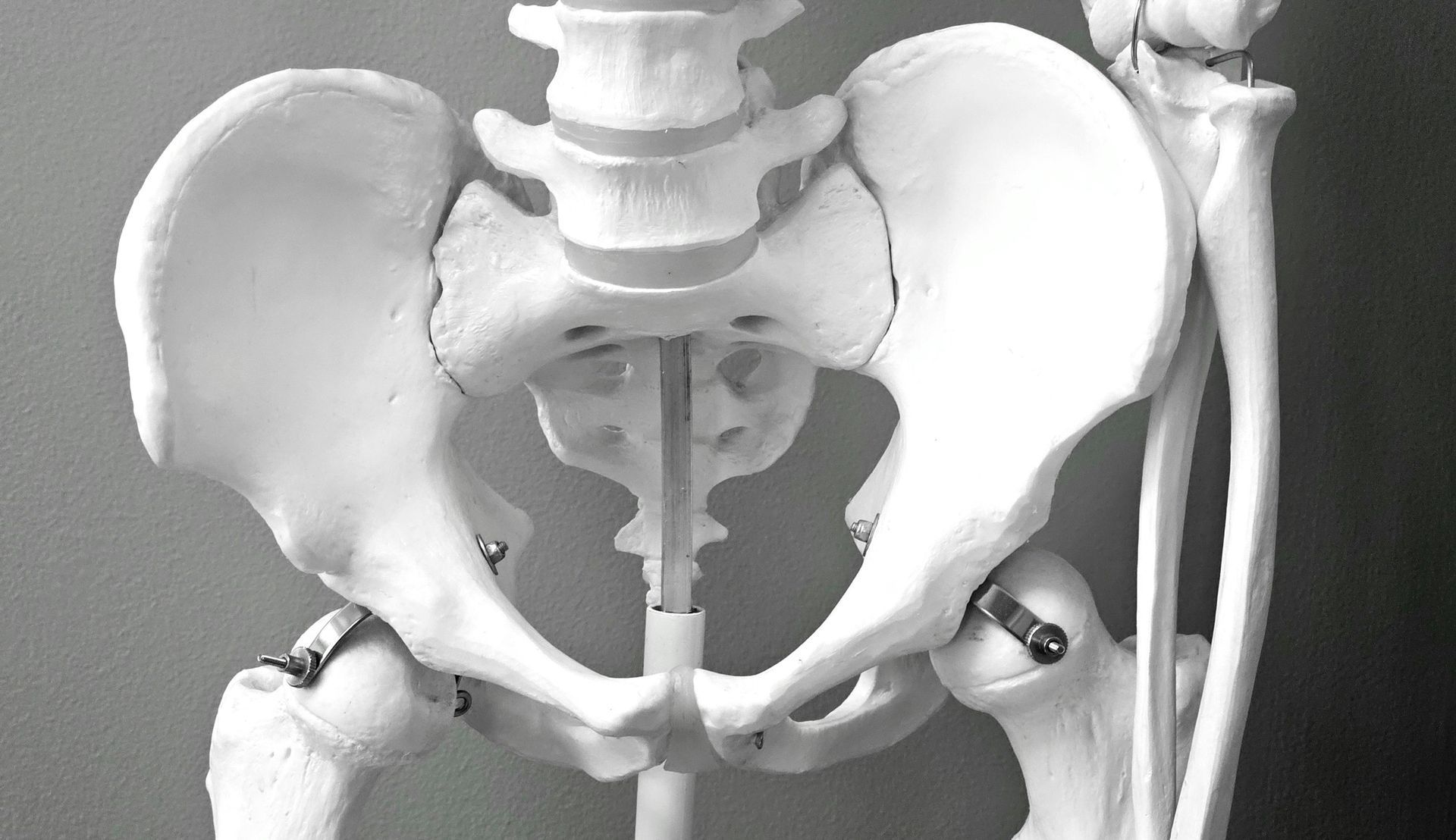Strength Training for Pregnant Women: Myths and Facts
Strength training is a powerful tool for maintaining a healthy, strong body during pregnancy. However, there are many misconceptions that can make expecting mothers hesitant to incorporate resistance exercises into their fitness routine. At BumpWellness, we want to help you separate the myths from the facts so that you can feel confident and empowered in your pregnancy workouts.
Common Myths About Strength Training During Pregnancy
Myth: Strength Training is Dangerous for Pregnant Women
Fact: When performed correctly, strength training is safe and beneficial for most pregnant women. Exercises can be modified to accommodate your growing belly and changing body, ensuring you build strength without risk. Activities like using resistance bands, light weights, and body-weight exercises can be adapted to your fitness level and needs.
Myth: Lifting Weights Will Harm the Baby
Fact: Moderate weight lifting is safe for most healthy pregnant women and does not pose any risk to the baby. In fact, strengthening muscles that support the back, pelvis, and core can help reduce pregnancy discomfort and prepare your body for labor. Always use proper form and avoid lifting heavy weights or holding your breath while lifting.
Myth: You Shouldn't Lift Weights Overhead
Fact: Overhead lifts can be performed safely during pregnancy if done with proper form and lighter weights. Avoid lifting weights over your head if it causes any discomfort or strain. A personal trainer can guide you in modifying these exercises to keep them safe and effective.
Myth: You Should Only Do Low-Intensity Workouts
Fact: While high-intensity workouts may not be suitable for everyone, moderate-intensity strength training is highly beneficial. The key is to listen to your body, adjust the intensity as needed, and avoid exercises that cause discomfort or strain. Working with a certified trainer can help ensure your workouts remain at a safe intensity level.
Benefits of Strength Training During Pregnancy
Improved Muscle Tone and Endurance: Strength training helps maintain muscle tone, which is essential for supporting the additional weight of pregnancy. Strong muscles also contribute to endurance during labor and delivery.
Reduced Pregnancy Discomfort: Regular strength training can alleviate common pregnancy aches, such as lower back pain, by building strength in the core and back muscles that support your growing belly.
Better Posture and Balance: As your body changes, maintaining good posture can become challenging. Strengthening your core and back muscles can help you maintain better posture and balance, reducing the risk of falls.
Easier Labor and Delivery: Strengthening the muscles involved in labor, such as the pelvic floor, core, and lower body muscles, can help make labor easier and reduce recovery time postpartum.
Safe Strength Training Exercises for Pregnancy
Bodyweight Squats: Strengthen your legs, hips, and glutes, which are essential for supporting your body throughout pregnancy and during labor.
Wall Push-Ups: Build upper body strength while reducing strain on your wrists and lower back. Resistance Band Rows: Improve posture and strengthen back muscles, helping to support your growing belly.
Seated Dumbbell Shoulder Press: Maintain upper body strength while using light weights and seated support to avoid unnecessary strain.
Side-Lying Leg Lifts: Strengthen the outer thighs and hip muscles to maintain balance and stability.
Tips for Safe Strength Training During Pregnancy
Warm Up and Cool Down: Begin with a gentle warm-up and end with a cool-down to prepare your muscles for exercise and prevent injury.
Use Proper Form: Focus on maintaining good posture and using correct techniques to avoid injury. If you’re unsure, work with a certified trainer who specializes in prenatal fitness.
Avoid Overexertion: Listen to your body and avoid exercises that cause pain, discomfort, or dizziness. Stay within a moderate intensity level and prioritize safety over intensity.
Stay Hydrated: Drink plenty of water before, during, and after exercise to stay hydrated and prevent overheating.
Modify as Needed: As your pregnancy progresses, modify exercises to accommodate your changing body. Your trainer can help you adjust your routine to ensure safety and comfort.
How BumpWellness Can Help You Stay Strong and Safe
At BumpWellness, we understand the unique challenges of exercising during pregnancy. Our certified trainers specialize in prenatal fitness and will work with you to create a strength training program tailored to your needs. Whether you're new to exercise or an experienced athlete, we ensure your workouts are safe, effective, and enjoyable throughout your pregnancy.
Ready to Stay Strong and Healthy?
Contact us today to schedule a free consultation and learn how we can support you in maintaining strength and confidence during your pregnancy journey.










